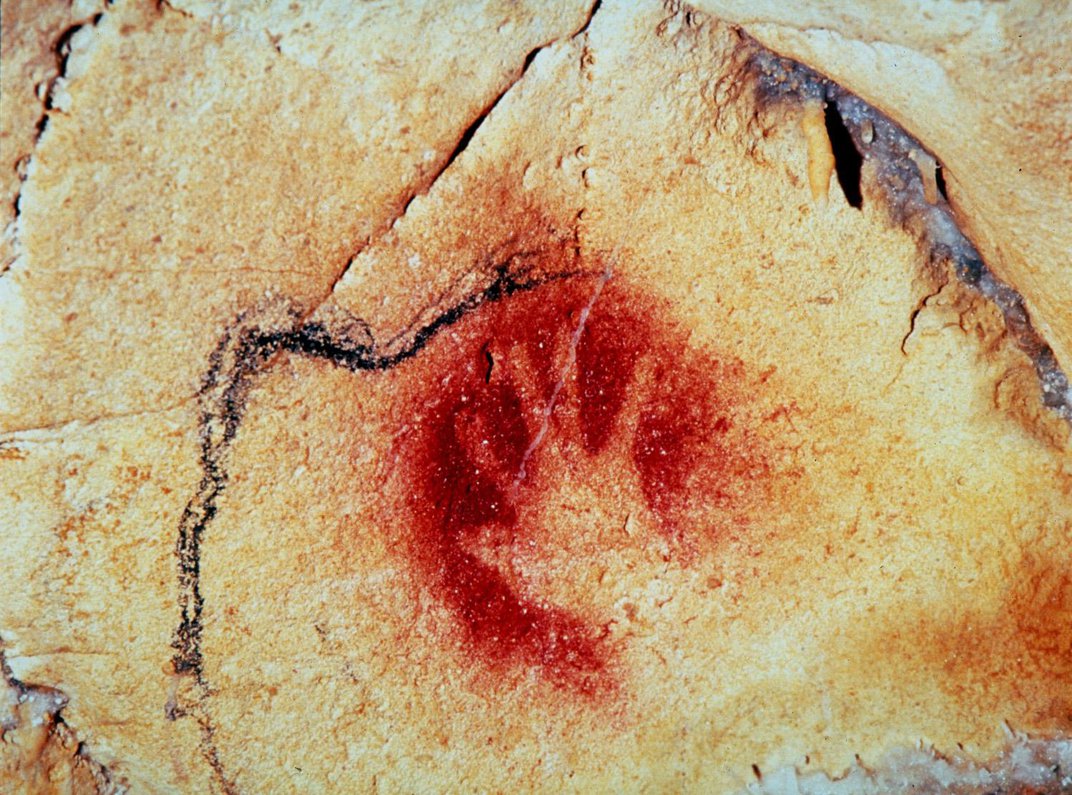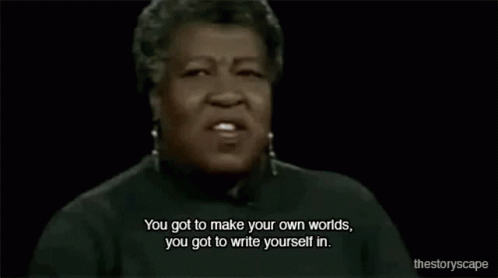Manifesto, CIRCA 20:22
AND NOW WE BUILD WORLDS

A year of collective self-creation.1 The year to become world-builders. A time for new dreams.2
Since CIRCA first broadcast on Piccadilly Lights in October 2020, a new conception of freedom and imagination has begun to take hold, one that reminds us of our collective potential to remake the world we inhabit. Together, emerging and established voices are recentring both art and social change, not as the fringe activities of elites or radicals, but as roles essential to human life. CIRCA 2022 will comprise twelve acts of revolutionary imagination, each of which will express the freedom to build worlds.
In their new history of humanity, The Dawn of Everything, anthropologist David Graeber and archaeologist David Wengrow describe three primordial freedoms that have been critical throughout human societies but are neglected in our own. They are: the freedom to escape and start anew, the freedom to disobey, and the freedom to make new social worlds. CIRCA 2022 will commission and connect visionary artists and thinkers to explore these themes through the critical and under-expressed freedom of world-building, producing new works across a global network of screens and artistic spaces in London, New York City, Milan, Tokyo, Melbourne and Seoul.
Surveying tens of thousands of years of human history, Graeber and Wengrow reveal anew the social and political creativity of our species. ‘What if, instead of telling the story about how our society fell from some idyllic state of equality,’ they write, ‘we ask how we came to be trapped in such tight conceptual shackles that we can no longer even imagine the possibility of reinventing ourselves?’ The authors join a succession of thinkers and activists who have challenged us to not simply critique the systems we find ourselves bound in, but break them, and to become world-builders again.
“To be truly visionary we have to root our imagination in our concrete reality while simultaneously imagining possibilities beyond that reality.” – bell hooks
Our potential to create new worlds is not lost but sleeping. Influenced by the science fiction writer Octavia Butler, author adrienne maree brown argues that ‘all organizing is science fiction’; that together, we imagine a better world, then fight to make it real. Last year, CIRCA asked ‘Where Do We Go From Now?’, inviting voices from across the planet to respond, and finding – in the words of architects Indy Johar and Jenny Grettve – that ‘art is a praxis, a tool, to reconcile and challenge our place in the world and thereby re-conceive ourselves’. We see this waking spirit again in Indigenous protests that challenged world leaders’ inaction at the COP climate summit in Glasgow and in the demand by Txai Suruí, climate activist of the Amazonian Paiter Suruí people: ‘It is always necessary to believe the dream is possible. May our utopia be a future on Earth.’

Such statements invite unrestrained creativity but also coalesce as a duty. Faced with a planetary trajectory whose endpoint is destruction, we must build new worlds: seize the visionary fictions it takes to bend the future toward social justice; embrace the task set out in the pages of science-fiction to ‘terraform’3 our own planetary ecosystem; join and lead projects to remake our cities, our politics, and our social realities. In CIRCA’s core mission, we find the role we wish art to play in this inherently creative process. CIRCA was born and has multiplied through screens that face out onto the very epicentres of our contemporary mode of civilization — at the heart of technological, infrastructural, and urban networks. From these points, we are cultivating a new creative ecology and economy to support the work of this imaginative transformation. The commissions of 2022 will form a roundtable of dissenting and heterogeneous voices. But this will be untied by a set of shared beliefs:
We are (all) world-builders
Now is the time to awaken this potential
New forms of justice and liberation are imaginable and achievable through collective, creative action
1. ‘We are all projects of collective self-creation,’David Graeber and David Wengrow write in The Dawn of Everything. ‘What if we approached human history that way? What if we treat people, from the beginning, as imaginative, intelligent, playful creatures who deserve to be understood as such?’
3. A term typically used in science fiction, meaning to transform (a planet) so as to resemble the Earth, primarily so that it can support self-sustaining ecosystems and human habitation. Benjamin H. Bratton turns this project back toward our own planet to analyse how centuries of urbanisation have harmfully affected Earth’s life-sustaining capacities and to visualise a ‘planetary design initiative of the next centuries’ to ensure Earth remains a viable host for its own life.